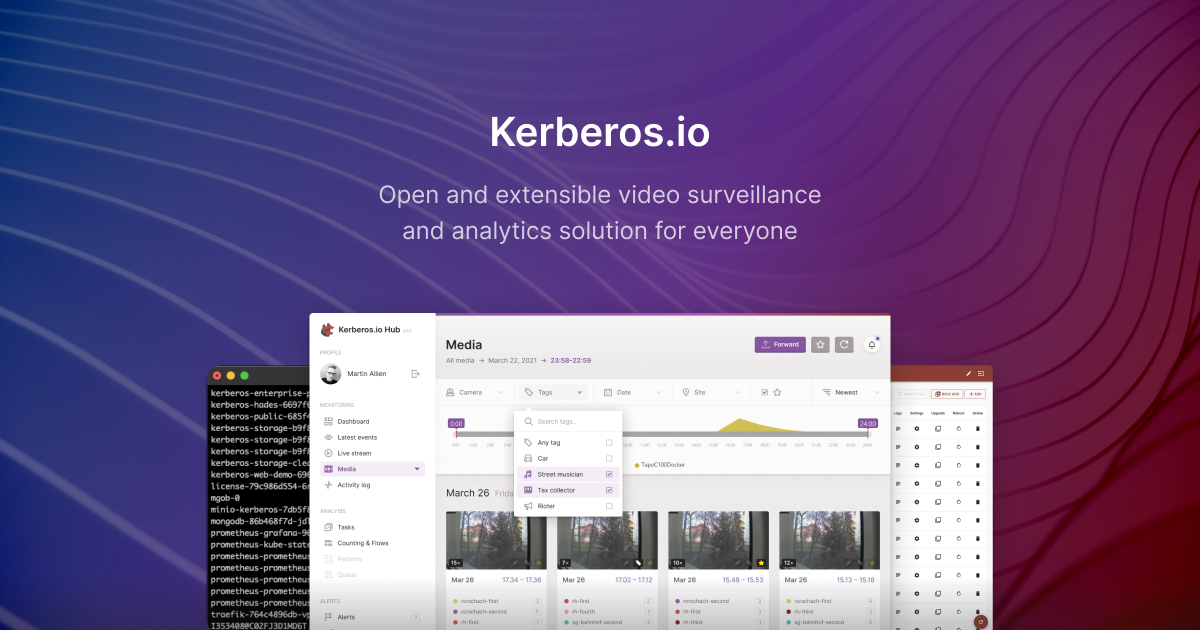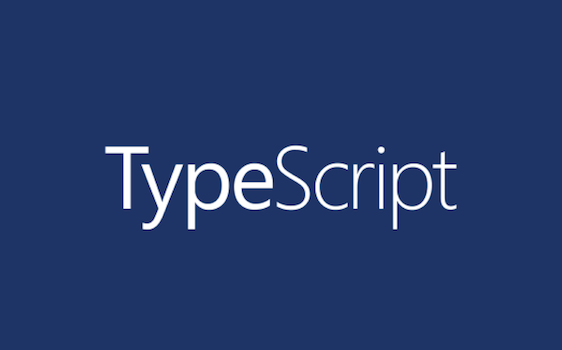Monetizing Open-source is problematic
I write Open-source software occasionally. I have a project which is currently popular called faker.js. I've been working on Faker for over a decade. It's MIT licensed.
This blog post will describe my attempt to monetize the Faker project with a cloud offering. It will eventually come around to the Engineers of a seventy five million dollar startup funded by Sequoia Capital and John and Patrick Collison signing up for my cloud offering, testing my service, copying the concept, hotlinking to my business's CDN, and now the CEO of the company David Hsu no longer responding to my emails. Overall it should be an entertaining and informative read.
At a high level, Faker can be thought of as sort of an internationalized combination dictionary / encyclopedia which is driven by a robust pseudo-random number generator. Faker is something like a miniaturized Library of Babel. It's an extremely useful generic tool when developing large scale internationalized software systems. Most Fortune 500s are using Faker in some capacity. The scope of the Faker project is not small. There is a considerable amount of moderation work in managing the flow of internationalization and localization data and ensuring the project itself remains scalable and bloat free.
No one pays for Faker development. Recently, we've begun to get sponsorships through services like Open Collective and Github Sponsors. Most of these donations are from fellow developers, and not enterprises or corporations. These donations have helped keep Faker development from stalling completely, but they are not sustainable. I do enjoy working on Faker, but I also can't afford to work for free. Like most of us, I have people who depend on me and I have bills to pay. Not wanting to give up, I decided the best course of action was to try and monetize the Faker project to ensure future sustainable development.



















